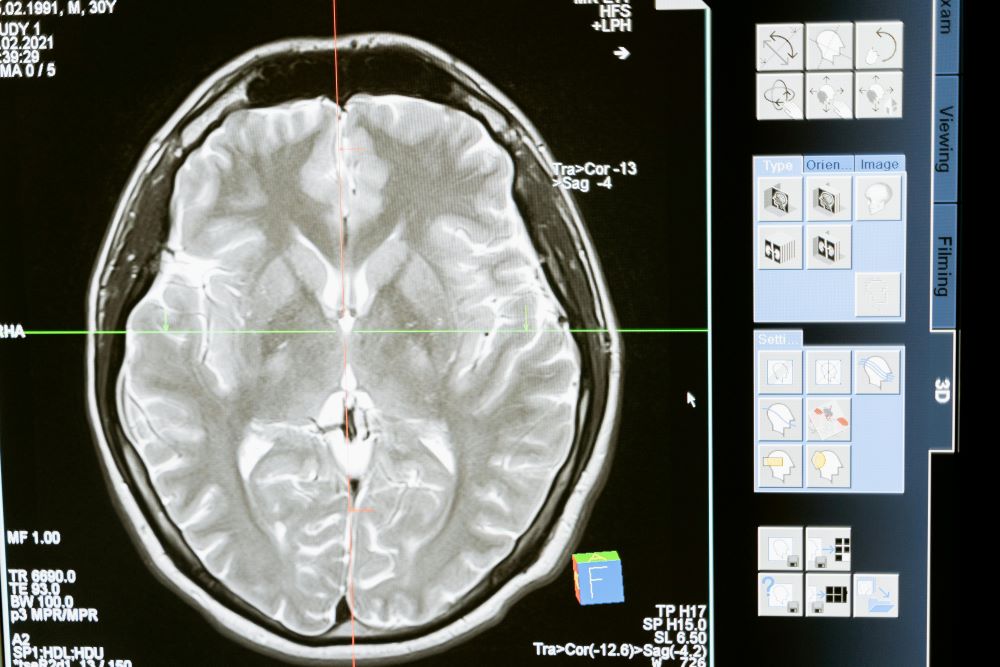Genetic factor SMIM1 linked to obesity; potential targeted treatments to address energy expenditure imbalance.
Obesity research is more crucial now than ever due to the escalating obesity crisis, which has reached epidemic proportions globally. With obesity rates having nearly tripled over the past five decades, the associated health complications—such as diabetes, cardiovascular diseases, and certain cancers—pose a significant threat to public health. This crisis not only affects individuals’ quality of life but also places a tremendous economic burden on healthcare systems worldwide. As the World Health Organization projects that over a billion people will be obese by 2030, the urgency to understand the underlying causes of obesity and develop effective interventions is paramount. That’s precisely why a groundbreaking study, published in Med, identifying a new genetic factor contributing to obesity is extremely significant. Led by the University of Exeter, the team discovered that individuals who lack a specific blood group due to a genetic variant disabling the SMIM1 gene are predisposed to higher body weight because of reduced energy expenditure at rest. This revelation opens new avenues for understanding obesity and potentially developing targeted treatments.
The SMIM1 gene, identified just a decade ago during the search for the gene encoding the Vel blood group, has now been linked to obesity. Approximately one in 5,000 individuals lack both copies of the SMIM1 gene, making them Vel-negative. The recent findings suggest that this group not only lacks the Vel blood group but is also more likely to be overweight. The researchers hope that these insights could lead to new treatment strategies, particularly the use of a widely available thyroid medication to address obesity in those lacking SMIM1.
Dr. Mattia Frontini, Associate Professor of Cell Biology at the University of Exeter Medical School, emphasized the significance of these findings, stating, “Obesity results from an imbalance between energy intake and expenditure, influenced by a complex interplay of lifestyle, environmental, and genetic factors. In a small minority, genetic variants are the primary cause. Identifying these variants can lead to new treatments.”
To arrive at these conclusions, the team analyzed the genetics of nearly 500,000 participants in the UK Biobank cohort, identifying 104 individuals (46 females and 44 males) with the SMIM1 gene variant that leads to its loss of function. They also utilized the NIHR National BioResource to obtain fresh blood samples from both Vel-negative and Vel-positive individuals, collaborating with NHS Blood and Transplant (NHSBT), which includes over 100,000 blood donors supporting genetic research.
Extrapolating these findings suggests that the SMIM1 variant could significantly contribute to obesity in approximately 300,000 people worldwide. The team further validated their findings by examining four additional cohorts, revealing that individuals with the SMIM1 variant had increased body weight—averaging an extra 4.6 kg in females and 2.4 kg in males.
The study also found that individuals lacking both copies of the SMIM1 gene exhibited other obesity-related markers, such as high levels of fat in the blood, signs of fat tissue dysfunction, increased liver enzymes, and lower levels of thyroid hormones. These insights highlight the need for a deeper investigation into the genetic causes of obesity to develop effective treatments and reduce the social stigma associated with the condition. Stigmatizing attitudes towards individuals with obesity can lead to significant psychological distress, reduced self-esteem, and decreased motivation to seek help or adopt healthy behaviors. This negative perception can also impact healthcare delivery, with individuals feeling judged or dismissed by medical professionals, thus avoiding necessary medical care.
First author Dr. Luca Stefanucci at the University of Cambridge emphasized the importance of genetic data: “With the increased availability of genetic data and more information on SMIM1’s mechanism, we hope that individuals lacking SMIM1 will receive the necessary information and support.”
The study’s findings, detailed in the paper entitled “SMIM1 absence is associated with reduced energy expenditure and excess weight,” represent a significant step forward in understanding the genetic factors behind obesity and pave the way for novel treatment strategies.
Sources:
SMIM1 absence is associated with reduced energy expenditure and excess weight
Researchers have found a ‘clear genetic trigger for obesity’ that applies to some people















+ There are no comments
Add yours